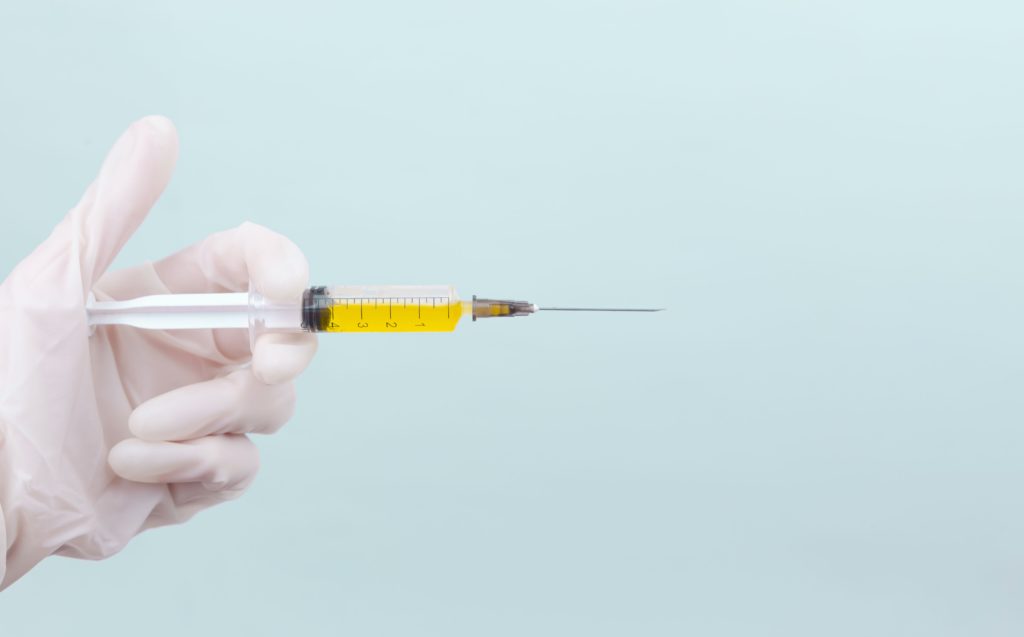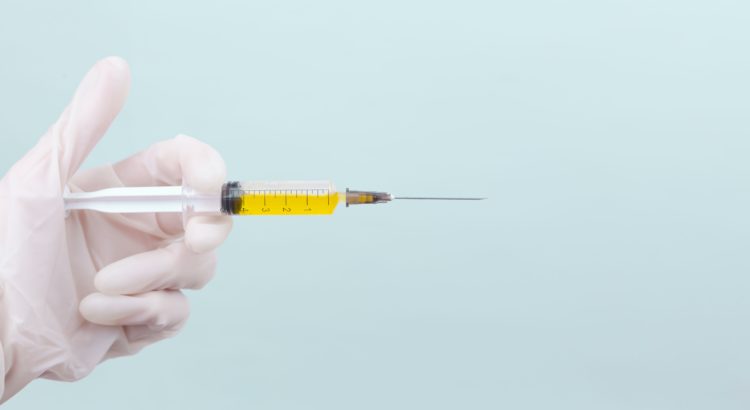
Do such precedents already exist?
On 13 July 2021, Ben Spencer MP stated the following in the House of Commons debate concerning the mandatory vaccination of care home staff:
“Controversially, perhaps, I think that much of this statutory instrument is uncontroversial. The reason behind that is my own experience of being recruited to go through medical school. As part of the recruitment process, it was made very clear to me that I had to have hep B testing and I had to be vaccinated for hep B, and that going through and getting involved in becoming a medical student just would not happen if that was not the case. I think that is fair enough.”
So are mandatory vaccinations already a feature of NHS life, as is claimed?
There are certainly higher levels of clearance required for health workers undertaking more invasive work, known as Exposure Prone Procedures (EPPs) to ensure that staff are not infected with blood borne viruses such as hepatitis B, hepatitis C and HIV. Before staff can be cleared to do such work they are required to undertake validated blood tests which prove that they are not infected with these viruses. Should a healthcare worker be found to be positive for any of these viruses, further blood tests are undertaken to establish their viral load. This is then used to determine if they are infectious enough to potentially pass on the blood borne virus in the event of an accident where their blood was to come into contact with their patient.
For hepatitis B (the only one of the above 3 viruses for which there is currently a vaccination available), if the health care worker has a viral load below 200 copies/ml they are deemed not at high risk of passing this virus on to a patient if such an accident were to occur. They could therefore be cleared to undertake the most invasive of health procedures.
It is true that all NHS staff should undergo a pre-employment health assessment where a vaccination assessment is also undertaken. Existing Department of Health guidance states the following;
“It is recommended that all HCWs, including students, who have direct contact with blood, blood-stained body fluids or patients’ tissues, are offered immunisation against hepatitis B and tests to check their response to immunisation…HCWs for whom hepatitis B vaccination is contra-indicated, who decline vaccination or who are non-responders to vaccine (i.e. those with anti-HBs levels of less than 10 mIU/mL) should be restricted from performing EPPs unless shown to be non-infectious for hepatitis B. Periodic re-testing may need to be considered. Declining vaccination (whether contra-indicated or not), or non-response to vaccine, will not affect the employment or training of HCWs who will not perform EPPs”.
The above clearly demonstrates that currently for NHS staff not undertaking EPP work, vaccination is neither mandatory nor a condition of employment, and it is only staff who have a demonstrably high level of infectivity of this blood borne virus who are restricted from performing the most invasive work with patients.
In addition, if a staff member was shown to be a low antibody responder or even refused to have the hepatitis B vaccination altogether, they would still be able to undertake EPP work by undergoing regular (usually annual) blood tests to demonstrate that they were free of any active virus and therefore were of no risk to their patients.
Given this, the conclusion drawn by Ben Spencer MP regarding existing guidelines being analogous to the mandating of the (not yet fully licenced) COVID-19 vaccines is not just misleading, it is wrong.

